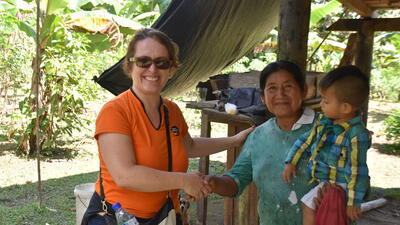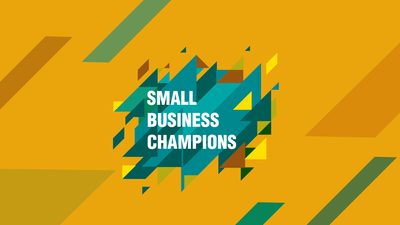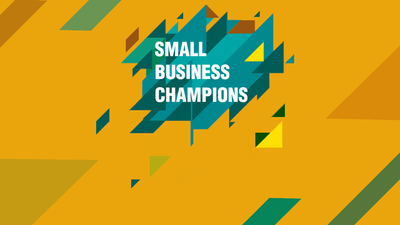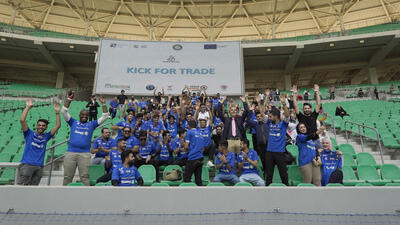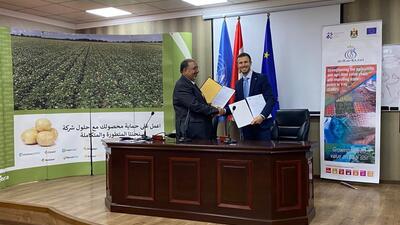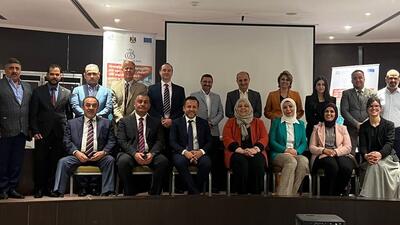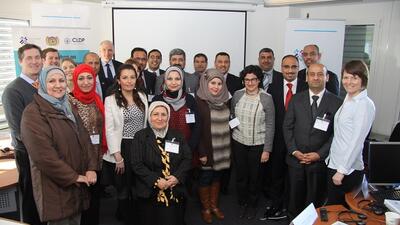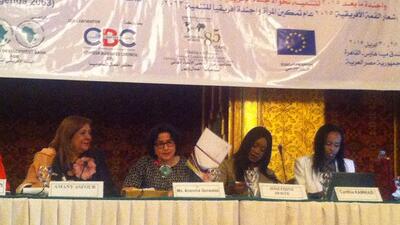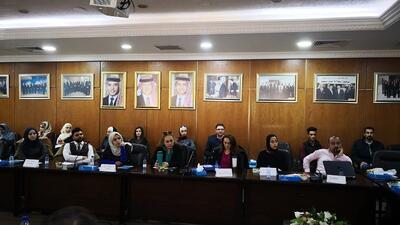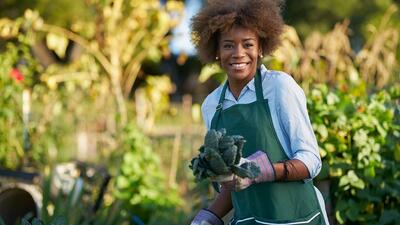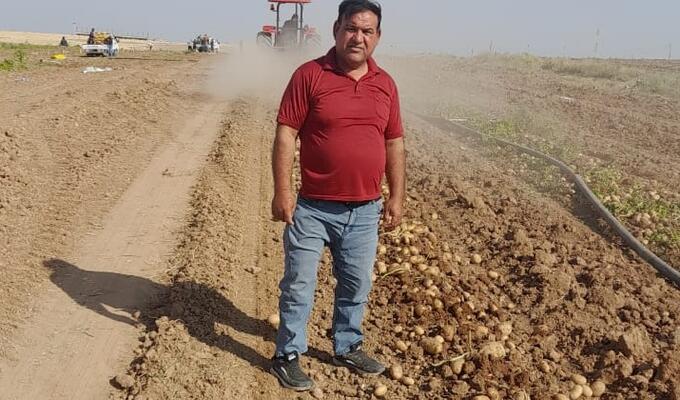
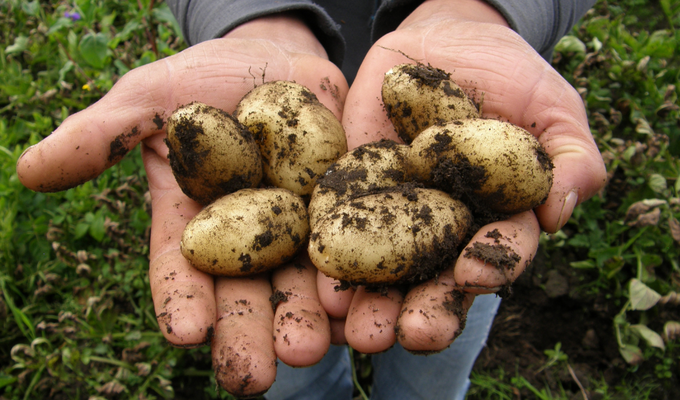
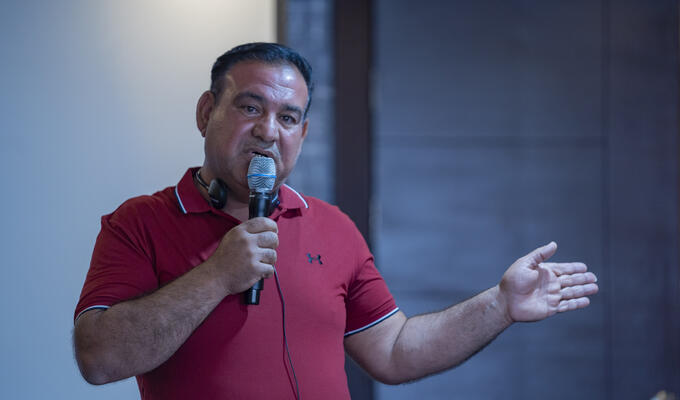
Resilient Iraqi farmer on his way to make it big
For Micro-, Small, and Medium-sized Enterprises Day 2023, we celebrate small entrepreneurs from all over the world. Small businesses account for 90% of the world's businesses, 60 to 70% of employment, and 50% of the global economy. They contribute to local and national economies and to the achievement of the Sustainable Development Goals.
Tell us about yourself.
I am Ahmed Yonis Saleh, a commercial potato farmer in Al Quba village, Telkief District in Ninewa governorate. I have been running the potato production business for over 20 years and I own 25 hectares of farmland. I mainly produce Rivera and Arizona table potato varieties, in the Spring and Autumn farming seasons, to meet domestic market needs .
My annual production is 1,800 tons of potatoes. From this production, I earn an income of between $250,000 to $300,000 per annum, generating 20 to 30 % profits per annum.
My business also generates employment for both my family members and other vulnerable youth and women in the community. In addition to using family labour, I employ about six people on a permanent basis and 40 youth and women on a temporary basis. The people employed on a temporary basis are engaged to perform specific tasks such as cleaning, sorting, packaging, and loading/offloading potatoes.
I am also a member of Greenland Agribusiness Alliance established by the European Union (EU) funded SAAVI project.
What are the challenges that you face or have faced as a small business?
As a small business, I face several challenges including lack of capital to expand my farming business, limited access to remunerative markets, limited cold storage capacity to store my products for selling off-season and high production costs due to the high costs of inputs. I also face exploitation by middlemen at the local wholesale market as they determine the prices of products which puts us in a challenging situation. Due to the limited access to finance, I often purchase seeds from an input supplier on credit and I pay back with interest which significantly reduces my profit margins.
What are your needs to expand your business?
To expand my business, I need access to affordable finance to invest in and purchase quality inputs and modern machinery for irrigation and harvesting. I also need to increase the current capacity of my cold storage facility. I will also need support to be linked to bigger buyers to sell at competitive prices compared to the local market. To address the current monopoly, more suppliers of inputs are required in Al Quba to ensure fair competition with the existing suppliers, thus improving access and quality of inputs as well as reducing the prices for potato farmers.
How have you found the support from ITC helpful?
The support I received from ITC’s EU funded SAAVI project is very helpful. For instance, I have been able to increase my knowledge and skills on disease management and post-harvest handling due to the training. I also benefited from selling my products to Carrefour and Holland Bazar at higher prices.
As an alliance, we recently received part of the grants to help us buy sprinkler irrigation kits. This will support me in irrigating my land.
What would you say has been your best success as a business so far?
My best success has been improving productivity, increasing the size of land under production, and improving the quality of my potatoes. I built a small cold storage facility to store my potatoes and I have also acquired a truck for transporting the potatoes from the farm to the storage facility and to the market. My profit margin has increased as well.
Your message to other small entrepreneurs?
Start small, study your project or business, do not be in debt, analyze the market and expand after you make a profit on your investment.




